Experts at the Past vs a Vision for the Future
Published: 2014-06-17 - Categories: WGM
Last week I was in Bali, Indonesia, speaking at Dscoop Asia. The event, the travel, and the reading I did along the way came together with a common theme which can best be summed up by a quote from the book I read on the way home:
“All the experts …are experts on what was. There is no expert on what will be.” To become an “expert” on the future, vision must replace experience.’
– David Ben-Gurion
Start-Up Nation, The Story of Israel’s Economic Miracle
by Dan Senor and Saul Singer
Following this same theme, my favorite quote at Dscoop Asia came from Alon Bar-Shany, Vice President and General Manager, Indigo Digital Press Division, (paraphrasing and expanding), “…offset technology was the ideal solution for a predictable world (long lead times, long runs, recurring work, etc.). Digital technology is the ideal technology for the unpredictable world we operate our businesses in today (short lead times, short runs, unique applications, personalization, executed in a rapidly shifting economic ecosystem dominated by disruptive technologies).”
The challenge for our industry is that most print businesses were started and learned how to thrive during the predictable business phase of printing. The human resources in the print industry are predominately “experts” at yesterday, yet that expertise is becoming less relevant to our current conditions and our collective future. As David Ben-Gurion said, we have to replace experience with vision.
Vision is about taking risks, making bets, trying things out and then learning from what works and doesn’t work. The keynote speaker at Dscoop Asia was Azran Osman-Rani, CEO of AirAsia X – a long-haul discount airline (think Southwest Airlines flying long distances). He said, “I don’t believe in market research; I believe in making bets and then learning from those bets.” New business models are about disruption and disruption is about looking at challenges with a new perspective that generates new business. VistaPrint looked at the tiny printing volumes generated from micro companies very differently than the local printers that were servicing those companies, the aggregation of which resulted in a very successful business.
Leadership in an unpredictable world is very different than the leadership that thrived when the market was predictable. Predictable markets strove for stability and were dominated by strict hierarchies. Predictable markets like to repeat what worked in the past, the more you planned and studied the past, the better the outcomes in a predictable market.
Today many companies still operate under this approach, hoping that lots of planning will somehow alleviate the uncertainty of our current market conditions (let me save you some time – no amount of planning will make the market more predictable). I have wasted untold number of hours of my life building projections for my former employers because management required that new business initiatives estimate their revenues over five year periods. I find this activity incredibly delusional – nobody knows what a truly new business undertaking is going to yield six months from now, let alone five years from now. Don’t fool yourself, just because you can regurgitate the size of a market and then guesstimate your share of it doesn’t make your predictions valid – they are all guesses and its best to simply guess less and experiment more.
Thriving in our unpredictable world requires independent thinking and flat hierarchies. The top of the food chain cannot be the only source of innovation. Israel has more start-ups per capita than any other nation in the world; one of the contributing factors is their culture of questioning at every level. I would call it embedded insubordination, which makes me crack a very wide smile, since I was once fired for the trespass of insubordination (openly questioning just about everything leadership was doing). Strict hierarchies eject independent thinkers as a threat to the status quo when the status quo is the thing that really needs to be ejected!
The relevance of your expertise in traditional print methods is decreasing; this means you have to replace that expertise with vision about where the market is going. Print does not hold its dominant place in the communication market any longer; it has to learn to work and play nice with the new kids on the playground. For many, this is very difficult because it means re-engaging with a steep learning curve, asking more questions of people younger than you and getting comfortable with the answer, “I don’t know.”
What does this mean to your company no matter what market you compete in or what culture your employees belong to? We all need to embrace the uncertainty in our business environment as an opportunity rather than a challenge. Change creates markets and simultaneously destroys markets. We are witnessing this; as offset volumes decline, digital applications grow.
Interesting observations, now what do I do about them?
Incrementally start creating a culture of experimentation in your business. Find something small, reasonable, make a bet on it and then most importantly debrief the experiment. If it worked, learn from it. If it failed, make sure you not only learn from it but you establish a precedent for allowing failures – if you don’t do this, nobody in your organization will be willing to take any risks.
Step away from the fire drill (you know what I’m talking about) and collect all the data you can about your current business. Assess how long it took to collect this data (tells you a lot about the state of your software systems). Data is the raw material of the information age; you need to have it easily accessible and most importantly you need to be making data-driven decisions to remain competitive. Is your Print MIS truly your system of record or is Excel plus a lot of labor your true system of record?
Pick one thing you know nothing about today but you know is a critical part of your business (my guess for a lot of you is that it will be technical or marketing related). Technology and marketing are the key things driving the tectonic changes in our industry. Determine how you are going to build expertise in this topic over the next six months. The web, the user associations, the vendors, are all rich sources of educational materials – I’m not talking about spending money; I’m just talking about prioritizing your time to learning something you have no confidence in. You can’t delegate all this stuff – you have to have some foundation of knowledge so you can lead.
In the next 12 months think of one business direction you want to go into that you are not in today. Unless you have more growth than you can handle, you have to continue to find new sources of revenue. This might be a subtle tweak on a product or service you already offer or it could be a totally different market.
By Jennifer Matt - Published: June 17, 2014
http://whattheythink.com/articles/69065-experts-past-vs-vision-future/

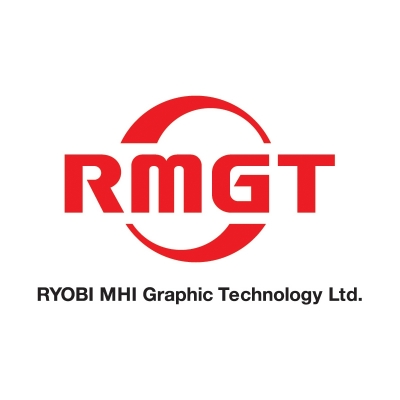 SHEETFED OFFSET
SHEETFED OFFSET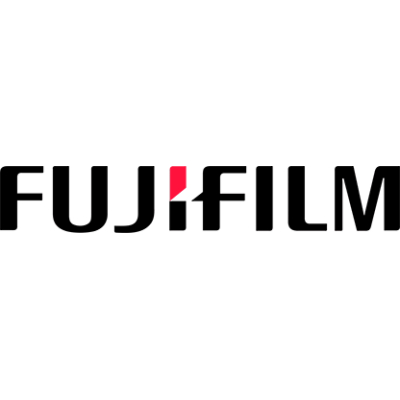 DIGITAL PRINTING
DIGITAL PRINTING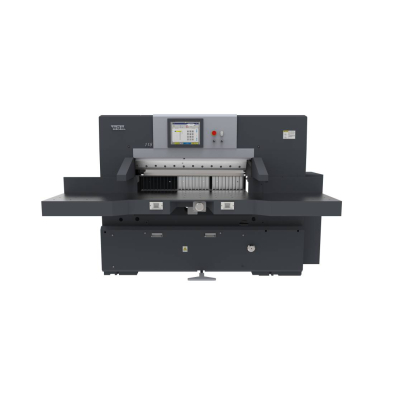 PAPER CUTTERS
PAPER CUTTERS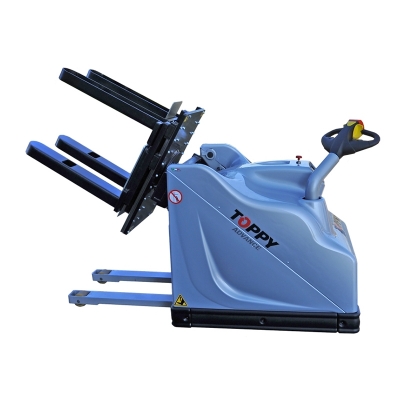 Pile Turners
Pile Turners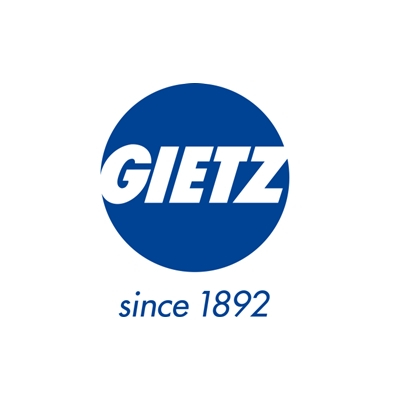 GIETZ
GIETZ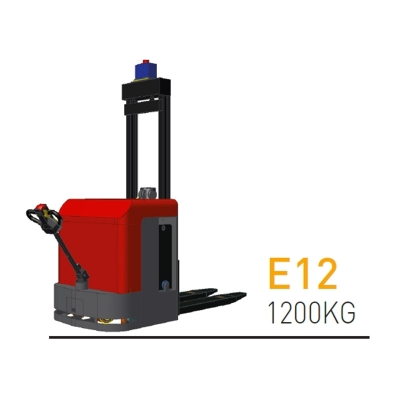 AGV
AGV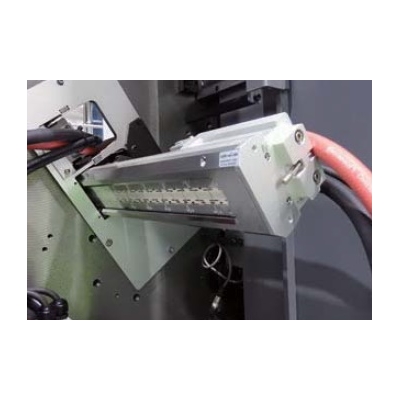 LED UV
LED UV QUALITY CONTROL
QUALITY CONTROL ROLLERS
ROLLERS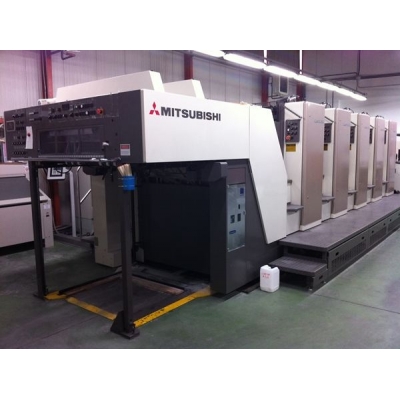 MITSUBISHI
MITSUBISHI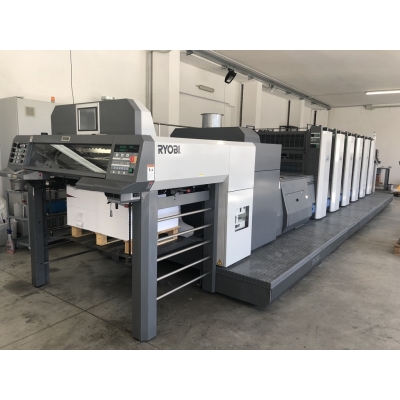 RYOBI
RYOBI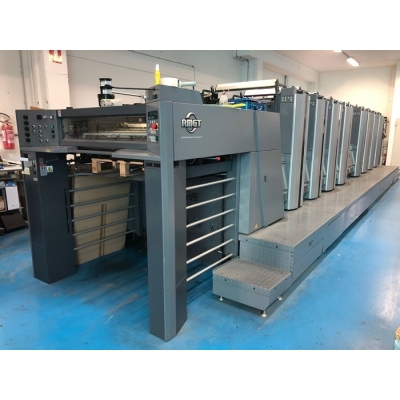 RMGT
RMGT SHEETFED OFFSET
SHEETFED OFFSET CUTTING
CUTTING FOLDING
FOLDING SADDLESTITCHING
SADDLESTITCHING BINDING
BINDING DIE CUTTING
DIE CUTTING VARIOUS
VARIOUS




